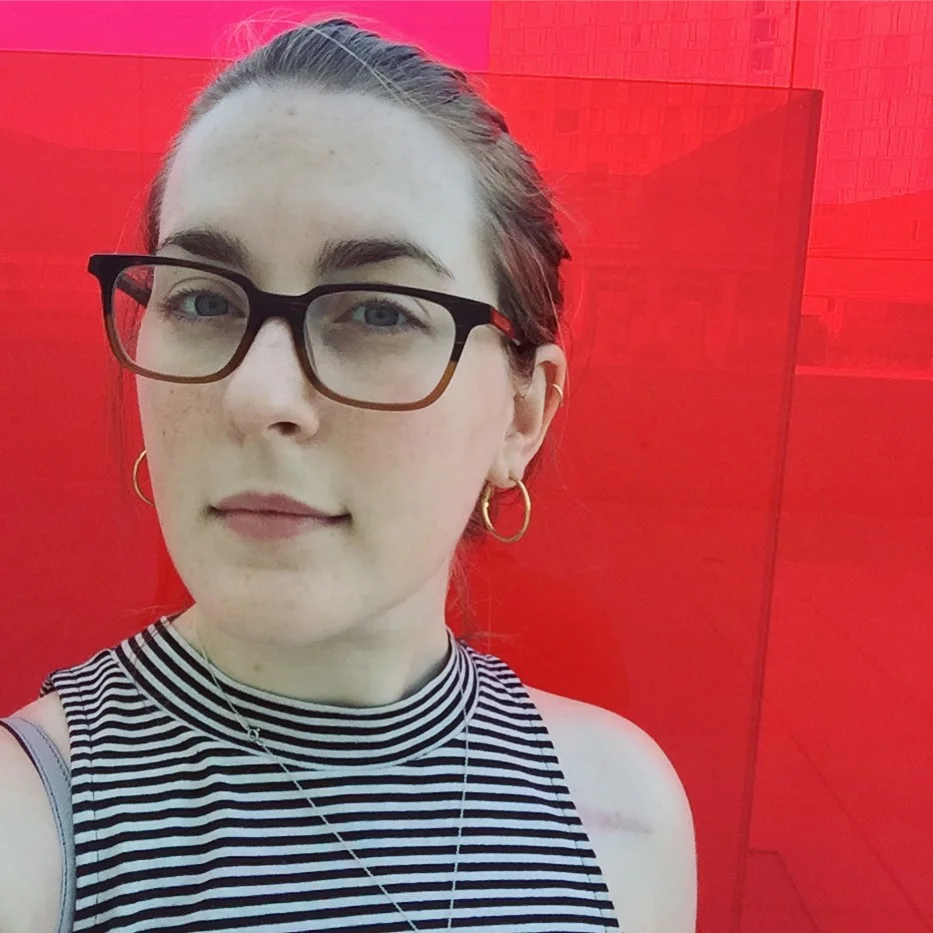How research helped map my family’s heart health
This post was originally published on the Project Baseline Blog on March 8, 2019.
Clinical research is key to my family's heart health story.
At some point in my childhood, I lost count of the number of research trials I consented for. As a chronic heart disease patient with an exceptionally rare confluence of a double genetic mutation, I am a prime candidate for many studies launched at my primary care center. I have a folder nearly as thick as my medical record containing copies of all of the consent forms I have signed over the years. I understand my value to these studies. Not only am I a rare genetic presentation of a common heart disease, but I also “am rare” to still be alive.
I was born in a small town just outside of San Francisco, in the days before the dot com boom. Both Bay Area natives, my parents were (and still are) incredibly active. My father went all-American in football during his college years and my mother, sister, and I danced at the same studio. My family firmly believes that a healthy mind is cultivated alongside healthy movement, so my sister and I played sports year round.
It was, therefore, completely shocking to us when — at age 13 — I experienced my first cardiac arrest while running on a treadmill. I shortly thereafter was diagnosed with hypertrophic cardiomyopathy, a surprisingly common and serious heart disease which can lead to episodes of cardiac arrest and sudden death. HCM affects the left ventricle of the heart and there currently aren’t any cures. Without proper screening or family history, this disease is often diagnosed too late.
While my diagnosis was shocking to us all, the biggest surprise was that I was likely not alone. HCM is an autosomal dominant mutation, which means that the genetic variance is passed down from generation to generation. However, many people diagnosed with HCM do not have any genetic markers as all (that we can yet identify with today’s knowledge). My family was one of the first at our hospital to be tested, as part of a research study, for the presence of HCM in our genes. To our surprise, the results showed that each of my parents carried an identifiable, unique mutation on the same gene for the exact same disease. While my sister managed to avoid either mutation, I received both.
The research was giving us a pristine map of how HCM was affecting our family. But while both my parents carried the gene for HCM, only my father’s heart showed evidence of the disease. Naturally, we were filled with questions. How had he lived so many years without knowing his heart condition? What did this mean for the future? Was he also in danger of a sudden cardiac arrest?
Thanks to advances in research we can now try to predict the trajectory for many people with HCM. For me, it meant knowing around what age I’d be when I’d go into heart failure and require a transplant (spoiler alert: I eventually did have a heart transplant and three years later I’m still here!). It meant having the awareness to test our extended family members for the disease.
It also meant taking the responsibility of spreading awareness: that heart disease can happen to anyone at any age, of any race, of any gender, and for various reasons. The importance of heart health lies in more than just prevention: it is also important to know your family history and to encourage friends and loved ones to get basic testing, in addition to living an active and heart-healthy lifestyle.
As a patient advocate and a survivor of multiple heart conditions, I am so excited about the work Project Baseline and the American Heart Association are venturing into with Research Goes Red. Because heart disease can happen to anyone, but disproportionately affects women, people of color, and young athletes1, the research community needs to start finding more equitable solutions for all of those affected. Research has saved my life and my loved ones’ lives more times than I can count. I am happy to keep adding to my consent form collection.
1. “Heart Disease Facts,” Close the Gap.


